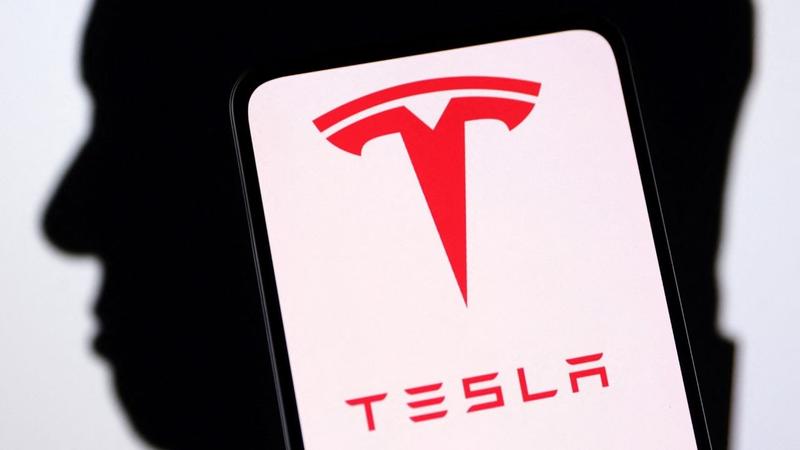Published 14:04 IST, November 23rd 2024
Tesla must face lawsuit in phantom braking defect case, rules US judge
Elon Musk’s Tesla failed to persuade a US judge to throw out a consumer lawsuit accusing it of failing to warn buyers about an alleged defect that can cause the cars to brake automatically even when there is no collision risk.

Elon Musk’s electric vehicle maker Tesla failed to persuade a U.S. judge to throw out a consumer lawsuit accusing it of failing to warn buyers about an alleged defect that can cause the cars to brake automatically when there is no actual collision risk.
In a ruling on Friday, U.S. District Judge Georgia Alexakis in Chicago trimmed the case but said the proposed class action could move ahead on a claim that Tesla concealed the "phantom braking" safety defect from would-be purchasers.
Alexakis dismissed other parts of the lawsuit, including claims that drivers overpaid for car insurance premiums sold through the Tesla's insurance arm because of the company's allegedly flawed collision monitoring.
Tesla had asked the judge to dismiss the entire lawsuit.
Tesla and attorneys representing two residents of Illinois and Ohio who filed the lawsuit did not immediately respond to requests for comment on Friday.
The consumers' 2023 complaint said Tesla’s “forward collision monitoring system” often falsely alerts to a crash ahead, even when there is no risk of a collision.
The consumers alleged they are paying higher premiums based on data from their cars showing false collision warnings. The plaintiffs contend Tesla knew about the alleged defect as early as 2015 and did not warn customers.
Tesla denied that it had knowledge of the alleged braking defect before one of the plaintiffs purchased his vehicle in early 2021.
The company argued that the plaintiffs had not pointed to any specific communications with buyers that concealed information about the defect.
Alexakis said the lawsuit “successfully connects the dots” between Tesla’s alleged omission of safety information on its website and buyers' reliance on the website to make purchase decisions.
The judge said the plaintiffs could file an amended complaint seeking to revive their insurance premium claims.
The case is Joshua Santiago et al v. Tesla, U.S. District Court, Northern District of Illinois, No. 1:23-CV-02891.
Updated 14:04 IST, November 23rd 2024




